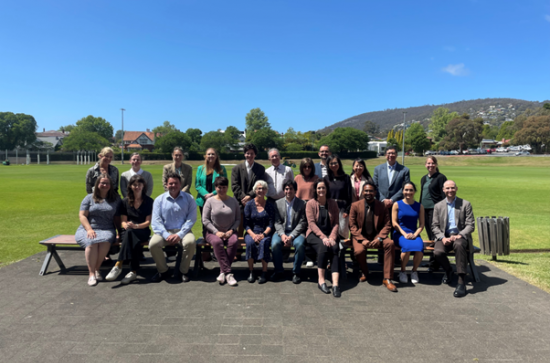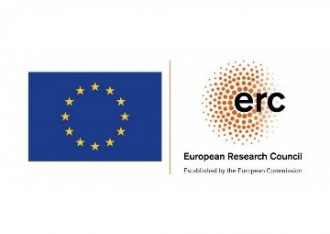
Professor Aisling McMahon was invited to speak at an international interdisciplinary workshop on the “Regulation of Innovative Health Technologies Workshop” which took place at the leading Centre for Law and Genetics, University of Tasmania from 23rd -25th November 2023. This workshop was organised by Professor Dianne Nicol, University of Tasmania.
Professor McMahon spoke at a workshop session which examined ‘Patents as regulators of innovative health technologies’ alongside Professor Jorge Contreras, University of Utah who delivered a paper on ‘Patent licensing as a regulatory mechanism’. This session was chaired by Professor Jacob Sherkow, University of Illinois. Prof McMahon’s paper entitled ‘The Ethical Regulation of Innovative Health Technologies: The role for Patents?’. This paper examined the extent to which patent grant and licensing could be used by rightsholders or by external public regulatory bodies to shape the development, use and access to emerging innovative health technologies. This paper builds upon her earlier work examining patent’s role in the regulation of novel being technologies, and the potential role of patents in embedding ethical considerations in the regulation of emerging heath technologies.
This international workshop hosted leading global health regulation and intellectual property rights scholars to discuss issues at the cutting edge of how we develop, regulate and deliver access to innovative health technologies.
Professor McMahon is a Professor of Law, School of Law and Criminology, Maynooth University whose research specialises in health and intellectual property law. She is the Principal Investigator of the PatentsInHumans project. You can find out more about the PatentsInHumans project by visiting the project website: www.patentsinhumans.eu or by watching this short video.

